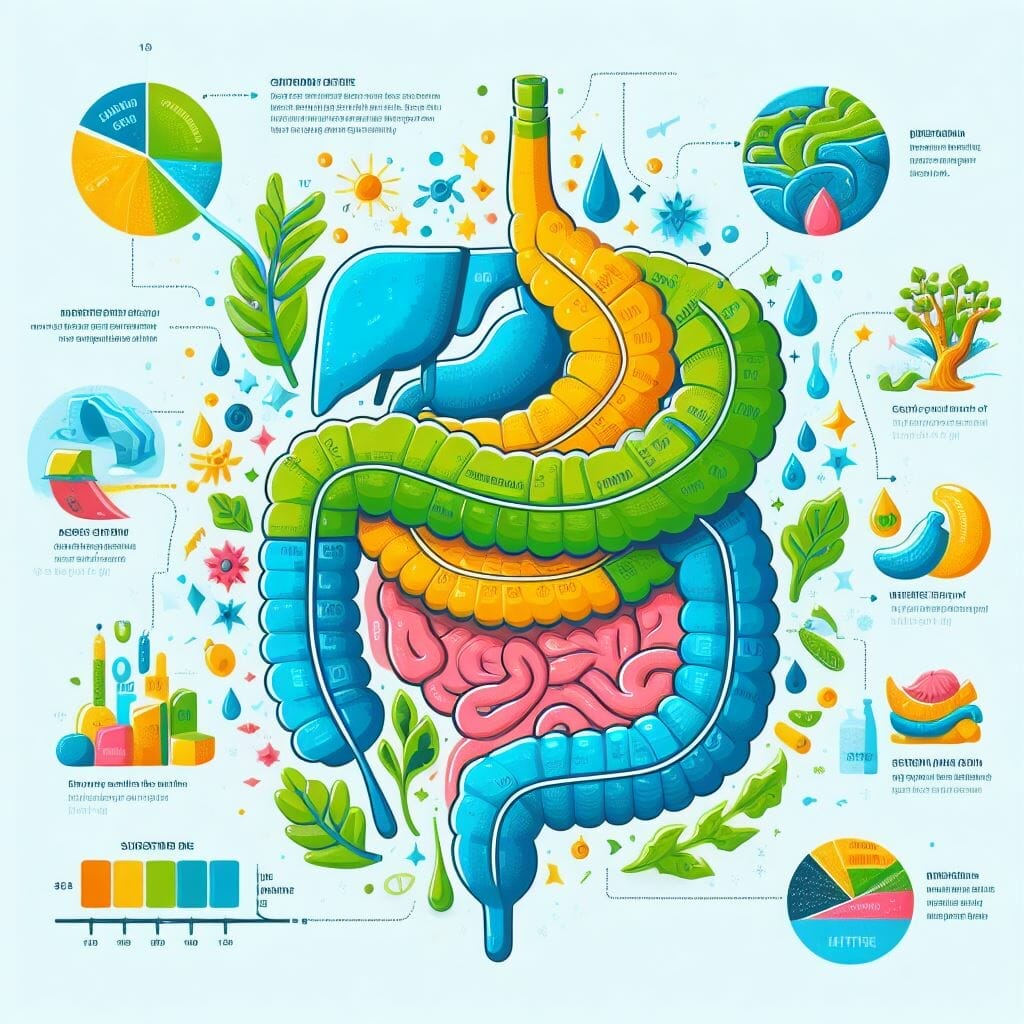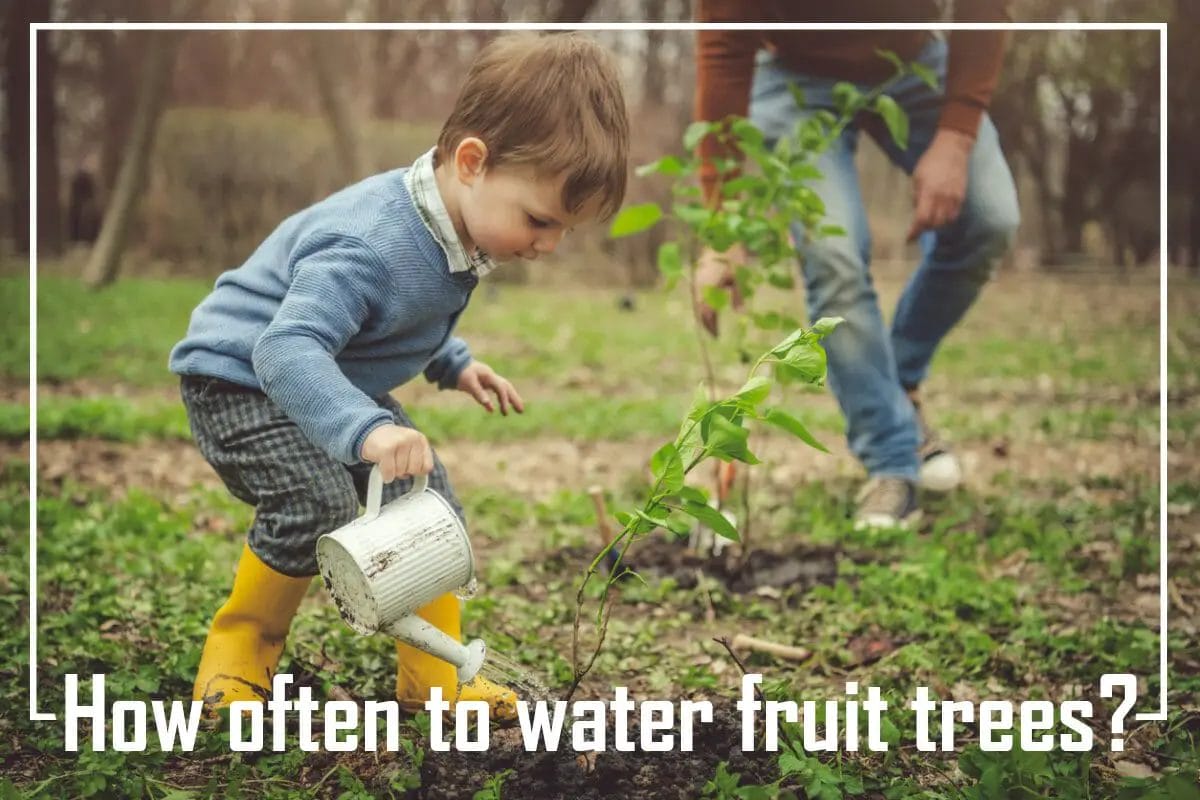Did you know that the water you drink gets absorbed by your body pretty swiftly? In fact, within just a few minutes of taking a sip, your body starts soaking it up. The amazing part is, that your kidneys are always on the job, making sure that any extra water is either excreted through urine or released as sweat. This process is way quicker than what happens with solid food, which can take a whole lot longer to pass out of your system.
Now, the team of organs responsible for moving what you eat and drink through your body is known as your digestive system. It includes your mouth, esophagus, stomach, and intestines, all working together to process what you consume.
When it comes to the timeline, your digestive system usually takes anywhere from 10 to 73 hours to move food through your system. But liquids are a different story. They are like speedy travelers, getting absorbed into your bloodstream within minutes of entering your body. The peak absorption time for water is around 20 minutes after you’ve had a drink. And because your kidneys are continuously producing urine, any extra liquids are promptly eliminated. So, remember, stay hydrated, and your body will take care of the rest!
How Long Does It Take for Water to Digest?
So, how long does it take for water to digest? Water only takes 5 minutes to digest in our bodies. The process of digesting water is quite simple. Water is absorbed directly into the bloodstream through the walls of the small intestine. This absorption occurs due to osmosis when molecules move from an area of higher concentration to an area of lower concentration. The walls of the small intestine are lined with tiny pores that allow for this movement of molecules.
Once inside the bloodstream, water can be used by cells throughout the body for various functions, such as regulating temperature and transporting nutrients. Additionally, some of the water will be stored in tissues such as muscle and fat for later use. In this way, our bodies can quickly absorb and utilize water without going through a lengthy digestion process like with food.
How Much Water is in the Human Body?
The average percentage of water in the human body varies by age, weight, and gender. Dr. Jeffery of Allegheny University recorded that babies have 78% water, which is the most seen in humans. However, this percentage changes as the baby ages.
Usually, women have a lesser percentage of water in their bodies than men, and lean tissues contain more water than fatty tissues. That is to say that your weight determines the percentage of water in your body.

An average fully developed human body contains over 60% water. However, this can vary from about 45% to 75%.
According to H.H Mitchell, the brain and the heart contains 73% water, and the lungs are about 83% water. The skin is about 64% water, muscles and kidneys are 79% water, and the bones are 31% water.
Besides, the blood, which is where most water is contained in the human body, contains 92% water. That means that our organs contain water in different amounts. To maintain a balance in the body’s water percentage, drink more water daily, especially after working out.
Also Learn: How Long Should You Wait To Drink Water After Eating?
How to calculate water intake?
Calculating your daily water intake can be done using a general guideline, but it’s important to remember that individual hydration needs can vary based on factors like age, gender, activity level, climate, and overall health. Here’s a simple method to estimate your daily water intake:
- The 8×8 Rule: This is a common guideline that suggests drinking eight 8-ounce glasses of water a day, which equals about 2 liters or half a gallon. This guideline provides a basic starting point for many people.
- Body Weight-Based Calculation: Some experts recommend calculating water intake based on your body weight. A general rule of thumb is to consume about 30-35 milliliters (or approximately 1 fluid ounce) of water per pound of body weight. For example, if you weigh 150 pounds, you might aim for around 4,500-5,250 milliliters or 150-175 fluid ounces of water daily.
- Activity Level Adjustment: Your daily water needs can increase based on your activity level. If you’re physically active or live in a hot climate, you may lose more water through sweating and should adjust your intake accordingly. In such cases, adding 500-1,000 milliliters (or about 17-34 fluid ounces) of water for every hour of physical activity is a good starting point.
- Thirst and Urine Color: Pay attention to your body’s signals. If you’re thirsty or your urine is dark yellow, it may indicate that you need more water. Ideally, your urine should be light yellow to pale straw in color.
- Medical Conditions: Some medical conditions may require adjustments to your daily water intake. For example, individuals with kidney problems or certain heart conditions may need to limit or increase their water intake based on their healthcare provider’s recommendations.
Remember that these are general guidelines, and your individual water needs can vary. It’s important to listen to your body, stay hydrated, and adjust your water intake based on your unique circumstances. Additionally, water can come from various sources, including beverages and water-rich foods like fruits and vegetables, so it’s not necessary to rely solely on drinking plain water to meet your daily hydration needs.
Also Read: Can You Drink Orange Peel Water?
Water’s Journey Through Your Body
| Stage | Location/Process | Description |
|---|---|---|
| 1 | Ingestion | Water enters the body through the mouth as you drink it. |
| 2 | Digestive System | Water moves into the stomach, where it begins to mix with stomach acid. |
| 3 | Small Intestine | Water is absorbed into the bloodstream through the walls of the small intestine. |
| 4 | Bloodstream | Water is transported via the circulatory system to cells and tissues throughout the body. |
| 5 | Cells & Tissues | Water is used by cells for various functions, including hydration and waste removal. |
| 6 | Kidneys | Excess water is filtered by the kidneys and excreted as urine. |
| 7 | Bladder | Urine is temporarily stored in the bladder before being expelled from the body through the urethra. |
| 8 | Excretion | Water and waste products are eliminated from the body through urination. |
Factors that affect digestion
Digestion is a complex process influenced by various factors. Here are some of the key factors that can affect the digestive process:
- Dietary Choices: The types of foods you consume play a significant role in digestion. Foods rich in fiber, like fruits, vegetables, and whole grains, promote healthy digestion, while high-fat or highly processed foods can slow down the process.
- Hydration: Staying properly hydrated is essential for digestion. Insufficient water intake can lead to constipation and impede the movement of food through the digestive tract.
- Chewing: Thorough chewing of food in the mouth helps break it down into smaller particles, making it easier for the stomach and intestines to process. Poor chewing can lead to indigestion.
- Stress: High levels of stress can affect digestion. Stress can lead to muscle tension and may disrupt the normal functioning of the digestive system, causing issues like irritable bowel syndrome (IBS).
- Physical Activity: Regular physical activity can aid digestion by promoting healthy muscle movement in the digestive tract. A sedentary lifestyle can contribute to constipation and other digestive problems.
- Medications: Some medications, such as antibiotics, can disrupt the balance of gut bacteria, potentially leading to digestive issues. Additionally, certain medications may cause side effects like indigestion.
- Age: Digestive processes can change with age. Older individuals may experience a decrease in digestive enzymes, slower motility, and changes in nutrient absorption.
- Medical Conditions: Conditions like gastroesophageal reflux disease (GERD), irritable bowel syndrome (IBS), celiac disease, and Crohn’s disease can significantly impact digestion.
- Hormones: Hormonal changes, such as those that occur during pregnancy, menstruation, and menopause, can affect digestion. These changes may lead to symptoms like bloating and constipation.
- Gut Microbiota: The balance of beneficial and harmful bacteria in the gut plays a crucial role in digestion. An imbalance can result in various digestive disorders.
- Food Allergies and Intolerances: Allergies and intolerances to specific foods, such as lactose or gluten, can cause digestive discomfort and issues if these foods are consumed.
- Meal Timing and Portion Size: Eating large meals or consuming meals too close to bedtime can lead to indigestion and acid reflux. Eating smaller, well-timed meals can support better digestion.

It’s important to remember that individual factors can interact and influence digestion differently for each person. If you experience persistent digestive issues or discomfort, it’s advisable to consult with a healthcare provider for proper evaluation and guidance.
How does water leave your body?
Water leaves your body through various mechanisms and processes, primarily as a means of maintaining fluid balance. The major ways water exits your body include:
- Urination: The kidneys play a crucial role in filtering waste and excess fluids from your bloodstream, resulting in the formation of urine. Urine is then stored in the bladder until it is excreted from the body through the urethra during the act of urination.
- Sweating: Sweating is the body’s way of regulating temperature. When you exercise, experience high temperatures, or become stressed, sweat glands in your skin release sweat, which is primarily composed of water. As the sweat evaporates from your skin’s surface, it cools the body and reduces body heat. This process allows the removal of excess heat and some water from your body.
- Respiration: When you breathe, you exhale moisture in the form of water vapor. This process is a natural part of respiration, and it contributes to the loss of water from the body. On average, a person loses about 350 to 450 milliliters of water per day through respiration.
- Fecal Excretion: Some water exits the body through fecal matter. The digestive process involves the secretion of fluids and enzymes that aid in the breakdown and absorption of nutrients. The remaining undigested waste contains some water, which is expelled from the body as stool.
- Skin Evaporation: Even when you’re not actively sweating, your skin continually releases small amounts of moisture through a process called insensible perspiration. This is a minor but ongoing loss of water through the skin, and it helps maintain moisture balance in the body.
It’s essential to maintain proper hydration to ensure that your body functions optimally. When you lose more water than you take in, it can lead to dehydration, which may result in various health issues. The amount of water you need to consume daily varies depending on factors like age, activity level, and climate. Staying hydrated is crucial to support bodily functions and overall well-being.
Faster Ways to Empty the Stomach
You can try a few ideas at home if you want to empty your stomach faster than usual. They are:
Water flush
Drink at least 6 to 8 glasses of water daily to help refresh your system and aid digestion. Taking a mug of hot water is also a good option.
Saltwater
This is done by drinking lukewarm water mixed with two teaspoons of salt on an empty stomach. After doing this, you will feel the need to visit your bathroom in just a few minutes.
Lemon juice
Mix a glass of water with half of the lemon juice and drink before bedtime and after waking up. In case it gives your teeth a sensitive feel, try taking it with a straw.
Olive oil
To encourage bowel movement, take a spoonful of olive oil on an empty stomach in the morning. It will help you enjoy your breakfast to the fullest, and you can relax a bit on your empty stomach because a full stomach isn’t always a fun thing to do.
Can We Absorb Water In Ways Other Than Drinking?
YES! If drinking water is not your thing, here are other ways you can stay hydrated without drinking water:
Oatmeal water
Oats are one of the healthiest grains. Oatmeal expands and absorbs water when it is cooked. You can replace your breakfast with oatmeal; they are filling.

To make oatmeal water:
- Soak the oats in water for 20 to 25 minutes
- Pour into a blender
- Add milk, vanilla extract, and water to the oat and blend.
- Filter the mixture
- Add sugar
- Drink.
Click here for the detailed making of oatmeal water.
Milk
Milk is better and more hydrating than water and other sports drinks because they stay in the body much longer than water. They contain protein, carbohydrates, calcium, and electrolytes.
Fruit and Vegetable Smoothies
They are a great and tasty way to stay hydrated. Try blending strawberries, peaches, spinach, cucumbers, zucchinis, cauliflower, carrot, and other veggies. Most vegetables contain 94% water. The beautiful thing is that you can choose what fruit and vegetables to add.
Fruit ice
As an alternative to water, fruit ice contains not just fruits but also a reasonable amount of cold water that can keep you hydrated. They look like ice-creams. To make fruit ice,
- Neatly wash the fruits
- Slice them into smaller pieces
- Put them into ice cube trays
- Push a popsicle stick into each of the ice cubes
- Add your water
- Freeze
Tea
Drinking four to six mugs a day can keep you as hydrated as a liter of water would. Research proves that tea helps prevent heart diseases. Also, teas are healthier replacements for water than soda, caffeinated drinks, and other carbonated drinks.
Frequently Asked Questions (FAQs)
Can I drink water on an empty stomach?
How much water do I need to take to have a full bladder?
How fast can food digest in the body?
How long does it take for water to reach the bladder?
Does water help digestion?
How Long Does It Take For Water to Digest When Dehydrated?
Therefore what is the data look like: on the other hand, it shows very rapidly the water is absorbed for the first hour, deliberate in the blood.
Conclusion
Water is essential for the survival of all living things. Apart from its health benefits, it is also vital for proper digestion. It plays lots of roles in the body and keeps the organs hydrated to function effectively. Every time we drink water on an empty stomach, it gets digested in minutes. It helps accelerate the hydrating process needed by vital body organs. I hope now you know exactly how water works on our bodies. So, now drink more water and stay safe.
Sarah J. Gregory
352 Hershell Hollow Road
Anaheim, CA 92805






